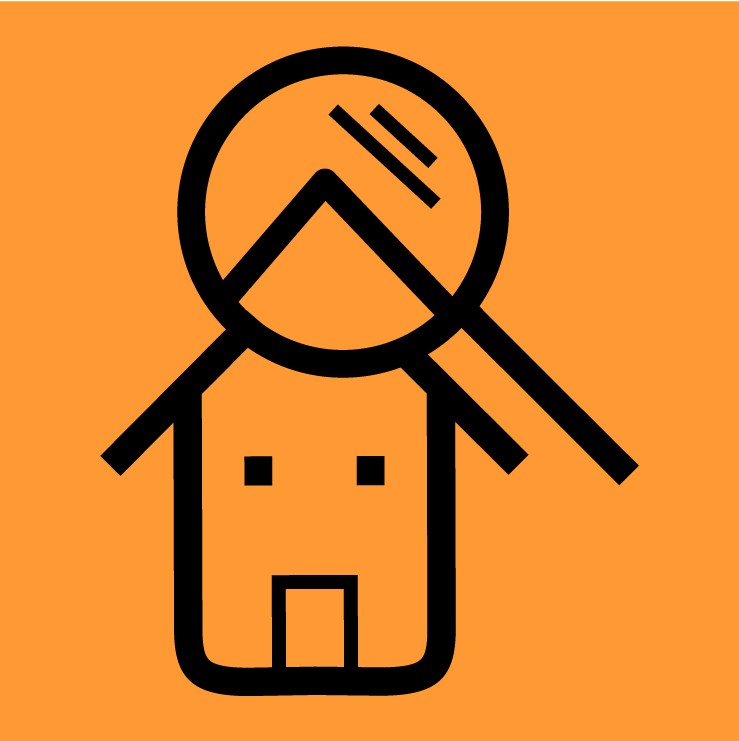We use first and third-party cookies for analytical and statistical purposes and to show you personalised advertisements based on a profile compiled from your browsing habits (e.g. pages visited). For more information, click on our Cookie Policy. You can accept all cookies by pressing 'Accept', you can reject all cookies by pressing 'Reject', or you can customize your choice by pressing 'Manage'.
The kind of home I need
What house do I need?
A good question. We don't buy a house every day, so it's normal to do so without any experience. We are going to make it a little easier for you with some recommendations, but in the end, you must be very clear about the house you need, depending on how and where you want to live and what your reality is.
- 40 m2, 60m2, 90m2 or 140m2. Start by thinking of a size.
- Central, close to work, on the outskirts or it doesn't matter to you.
- It's just for you, for two of you, two and two dogs or you are a troop.
- New house, old and to renovate, house with garden, with garage...

What do you want for your house? Make a shopping list.
Yes, it can be that simple. Of course, we recommend you look after your basic needs first and any whims and indulgences can come later. If you like, answer these questions to find out which type of house you really need to buy.
The quick test to put your ideas in order.
- Do you work from home? Do you need an exclusive room for that?
- Do you have children? Are you thinking about having any? Do you need a guest room for your in-laws?
- Do you use the car a lot? Do you need a garage? And a storage room?
- Do you like common residential areas? Would you use them?
- How many people are going to live in the house? Now and in five years.
- Do you dream of a brand new house or do you prefer an old one with charm?
- What is the minimum number of bathrooms you need?
- A garden or a terrace? Is it a whim or is it something that comes before everything else?
- Is the kitchen your corner of the house? Do you usually prepare lunch or dinner?
- What do you think the minimum and maximum size for your house would be? As a reference, we will tell you that the average in Europe is 30 to 45m2 per person, although it differs greatly depending on the country or community.
Do the maths with our mortgage simulator for:

Large, small but with a terrace or a renovation project: the advantages and disadvantages of each one.
There are plenty of houses out there, and it's all about simplifying the process. We will help you narrow your search down by grouping the houses you will encounter by type.
Types of houses for types of life. It's that simple.
See Studios, apartments and lofts (up to 60m2) Studios, apartments and lofts (up to 60m2)
Of course, in terms of practicality it is unbeatable Having everything at hand can make your life more comfortable. Of course, if you live with someone else you will have to organise yourself extremely well and learn how to compromise.
What's good about it?
- It means less outlay plus monthly savings on supplies.
- You will clean less.
- Lack of space teaches you to stick to the basics.
- If you live alone you will feel more protected.
What's not so good about it?
- Cohabitation might not be that easy and intimacy suffers.
- If you like to hang out with friends, it may end up being too small for you.
- If you don't have good views, you may get overwhelmed at times.
See House between 60 and 80m2 House between 60 and 80m2
It depends on how many of you there are- it might be spacious, just right or a bit tight. The expenses, the investment and the maintenance costs are usually quite affordable.
What's good about it?
- You will have a room that will give you some privacy.
- It can be a good size for a couple or new parents.
- The housework is manageable.
- If you work from home, you might find a good corner for your office.
What's not so good about it?
- You may not be able to have the large lounge area you would like.
- If you live alone, your fixed expenses will go up.
- If your children are a bit older, you might find it too cramped.
See House between 80 and 100m2 House between 80 and 100m2
You start to gain on space. You'll have an extra room, which you can use as a playroom, to do the ironing, or store your exercise bike. You'll have an extra bathroom, and in fact an extra everything.
What's good about it?
- A bedroom for everyone. Sometimes that's essential.
- The living room and kitchen will probably be more spacious.
- More space makes sharing a home with others that much easier.
- You can host Christmas dinner.
What's not so good about it?
- You will need to make a bigger investment and you may find yourself on a tight budget.
- Electricity, water and heating costs will also be bigger.
- You may be able to host Christmas dinner but not actually want to.
See House with more than 140m2 House with more than 140m2
If there are lots of you, or if there aren't many of you but you have a lot of stuff. If, luckily, your monthly income is sufficient. If you like large spaces but you don't need a garden. If you or more than one of you work from home and the flat is both home and your office. If...
What's good about it?
- It's big, really big.
- It will always be a good investment and can even be made into two apartments in the future.
- You might have a dressing room or large wardrobes, or a game room.
- You won't have to take care of the lawn.
What's not so good about it?
- The big initial investment and monthly expenses.
- If your children leave home, it will feel too big.
- You will need to decorate and maintain a lot more floor space.
See Detached house on the outskirts Detached house on the outskirts
You'll have a garden. It might be bigger or smaller but it's still a garden. No neighbours living in the flat above, below or next door. Two or more storeys and a garage and storage room. There really are lots of advantages, although of course there are some disadvantages.
What's good about it?
- It is your own house and you will have independence and privacy.
- You have indoor and outdoor living space.
- Convenience of parking the car at home, for shopping, if you have children, etc.
- Life is more peaceful than in the town or city centre, you will go for more walks or bike rides...
What's not so good about it?
- The big initial investment and monthly expenses.
- You may feel less safe or more isolated.
- It requires more maintenance: garden, garages, roof tiles, maybe a swimming pool...
- You have to use your car to go everywhere.
See New house in residential area New house in residential area
A perfect solution especially if you have small children and if you like to have everything that family life may need at hand. Well-made and increasingly well-thought-out and sustainable houses.
What's good about it?
- The common areas that give you a lot of room to play. You can look at it like a house with shared costs.
- A few years where everything works perfectly. And no outlays.
- Normally they always have a well thought out urban plan, good infrastructures and public services.
- And they are made to improve energy savings. Up to 80% less than an old flat.
What's not so good about it?
- Less privacy and independence.
- Usually with good finishes and materials, but with little personality.
- Careful! The more common services there are, the higher community expenses.
See Central house to reform Central house to reform
One of the best options if you like the city and having a house designed by and for you. It can also be a formula to help with your finances, if you are doing the renovation bit by bit.
What's good about it?
- They are flats that tend to go up lot in price quite a lot.
- You will live exactly where you want and how you like it. Wooden floors? High ceilings?
- Very well communicated. Hopefully you don't need a car.
- Solid structures that allow you to take down dividing walls and join spaces.
What's not so good about it?
- Surprises, unforeseen circumstances and outlays.
- Worse acoustic and thermal insulation. In other words, more noise and expenses.
- Lead times, licences, etc. tend to take longer than you think.
See Second home Second home
That is the house you need. The other house. To rest, to be in your town, to go there on holiday or to invest some savings. The options can be very varied here, but many will share certain advantages and disadvantages.
What's good about it?
- If you rent or sell it in the future, it can be a good investment.
- If you rent it in holiday months, you can pay for it easier.
- You already have the experience of having bought and already have a house.
- It can give you certain things that your usual home does not have.
What's not so good about it?
- You will find less mortgage offers.
- The additional expenses can be too much if the house is not used much.
